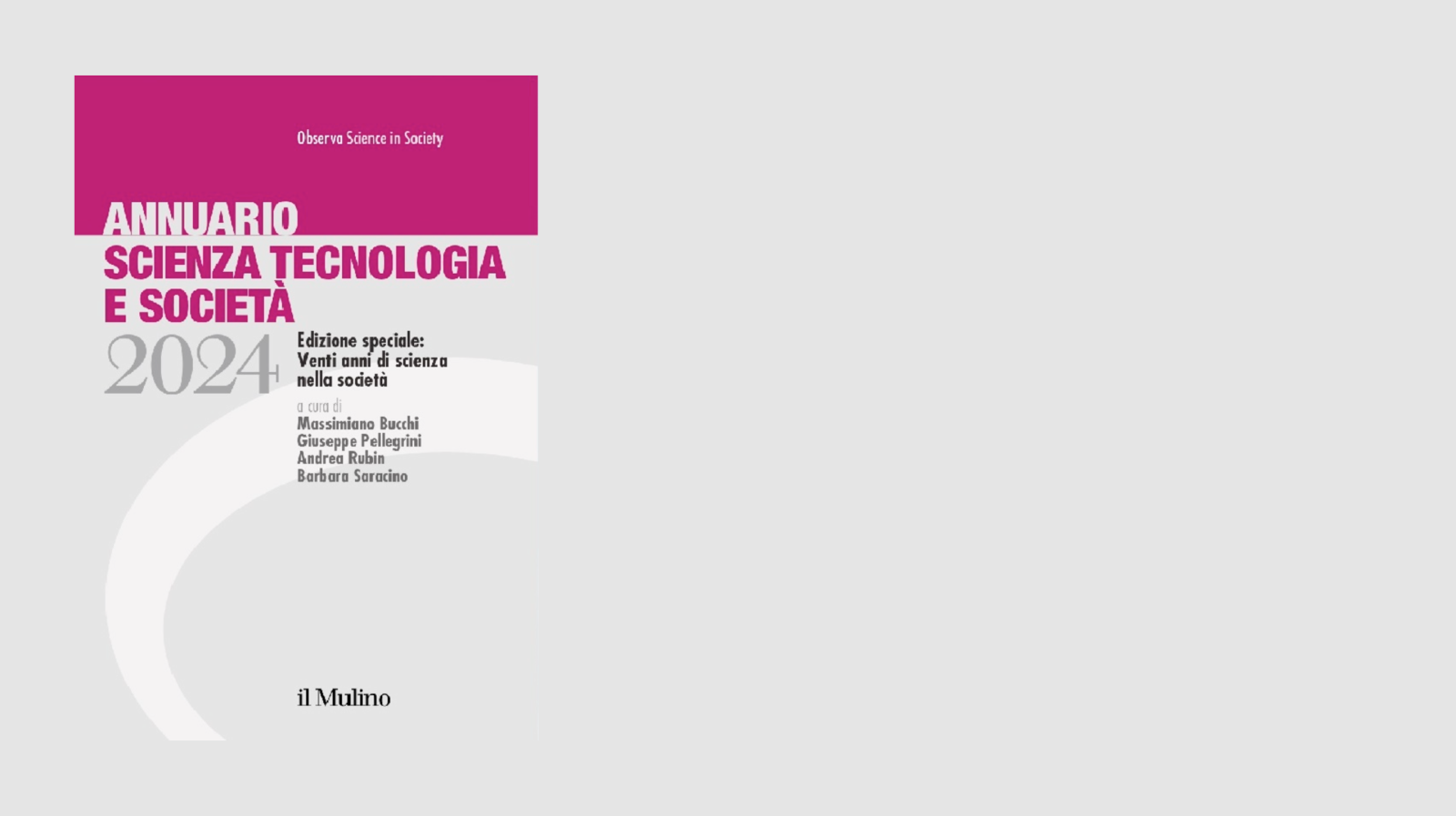“Death of evidence” rally in Ottawa, Canada.
A mock funeral march took place on July 10 in Ottawa, Canada, where hundreds of scientists from universities and labs gathered to mourn the “death of evidence”, the government’s cuts to research. Dressed in white coats, they protested against what the rally’s organizers consider a federal war on science. Researchers expressed a strong concern against the budget cuts to environmental research.
The omnibus budget bill, that was approved on June 15 after a 24h marathon voting session, includes a modification of regulations about environmental protection. The bill withdraws, among others, the Kyoto Protocol Implementation Act. The federal cabinet will be allowed to approve industrial projects that have a significant impact the environment. Several research institutions will suffer the consequences of the budget cut. The Experimental Lakes Area (ELA) will close in March 2013 according to the new bill. The ELA has been involved in important research projects about acid rain and climate change for the last 40 years.
Stephen
Harper government included into the budget bill a reform of the
Fisheries Act. The Fisheries Act currently protects any body of water
with fish in them, regardless of size. After the changes included in
the bill, the environmental assessments will only affect large bodies
of water, leaving small streams unprotected. The
Polar Environment Atmospheric Research Laboratory (PEARL) will be
another victim of the federal cuts to the Canadian Foundation for
Climate and Atmospheric Sciences.
by VALENTINA DAELLI - Science Communication, Neuroscience

